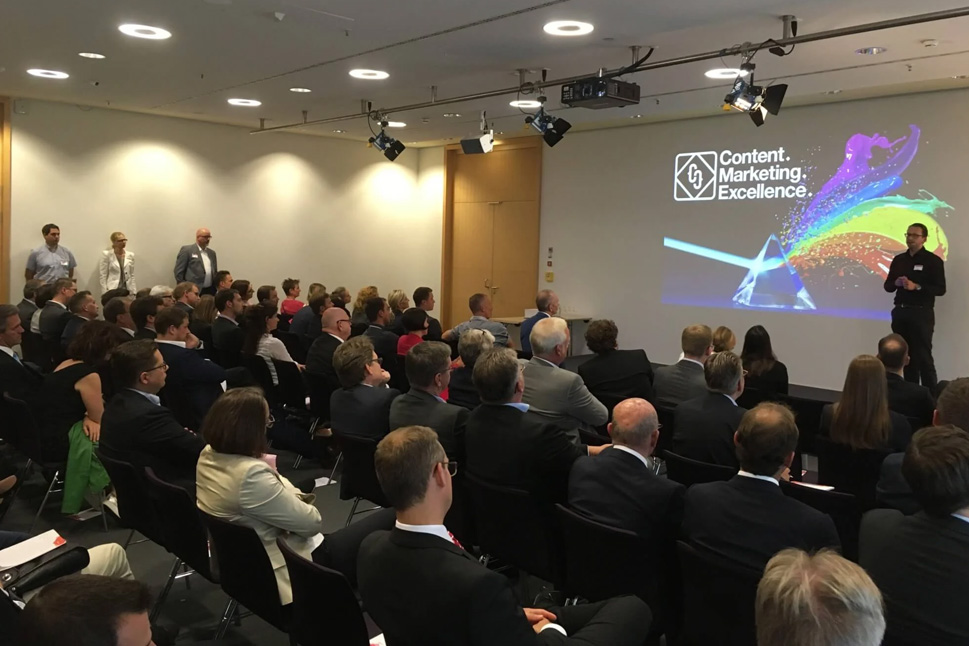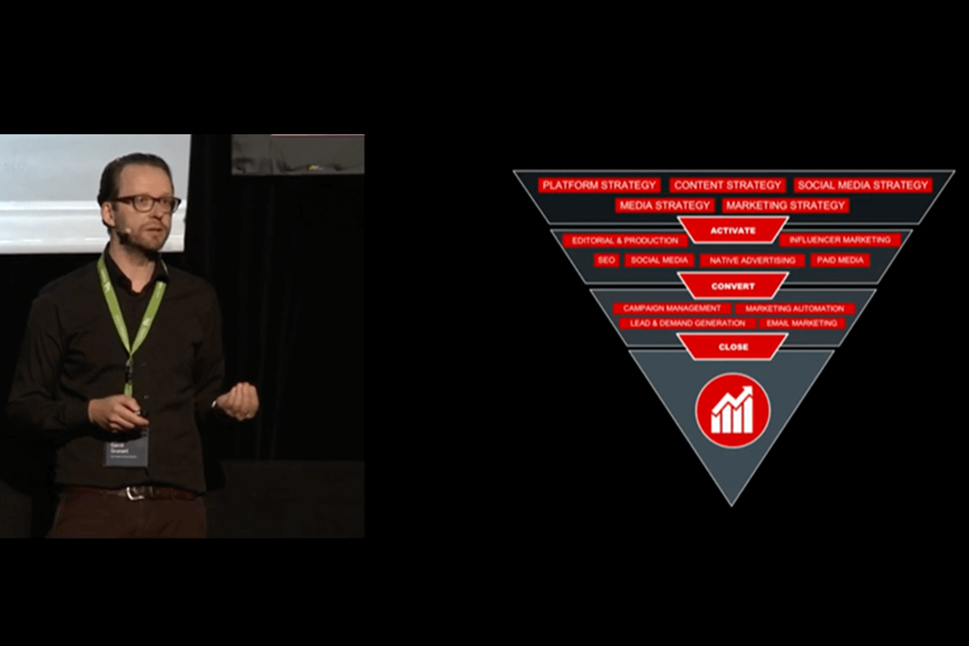Germany’s Data Protection Utopia: A Basement Full of Illusions
Last updated on September 29, 2025 at 09:35 AM.Few topics ignite such heated debate in Europe as data protection. Nowhere is this more evident than in Germany, where politicians, regulators, and industry bodies often treat privacy as sacred ground. The prevailing narrative is simple: data sovereignty equals security. In this vision, companies should ideally operate their own large language models (LLMs) locally – locked away in secure basements, untouched by external influence.The

The Sacredness of Data Protection
On paper, the image is almost poetic: a digital cleanroom, where sensitive information never leaves the premises, immune from prying eyes, regulators’ concerns, or foreign surveillance. But behind the rhetoric lies a sobering question: who can actually afford such an idealized setup?
The truth is stark. For the vast majority of companies – especially Germany’s Mittelstand – this vision is not just difficult, but grotesquely unrealistic.
The Illusion of the “Basement LLM”
But scratch beneath the surface, and the illusion collapses. Running AI at scale is not like running a local CRM or hosting an intranet server. It is brutally physical, resource-hungry, and capital-intensive.
Here’s what it truly takes to operate such an infrastructure:
- Real estate: You don’t just need a server rack; you need a properly equipped facility. That means reinforced buildings, secure basements, and dedicated rooms with fire suppression and cooling systems.
- Security: Access control systems, guards, cameras, intrusion detection. And that’s only the physical side – virtual security frameworks, identity management, and compliance audits pile on top.
- Power: High-performance AI clusters require massive amounts of electricity. Data centers must guarantee 99.9999% uptime, which translates into redundant power networks, uninterruptible power supplies (UPS), and diesel generators.
- Cooling: LLMs generate heat. Lots of it. Without sophisticated cooling systems – water-based, air-based, or hybrid – the servers will overheat in minutes.
- Maintenance: Hardware doesn’t run itself. Specialists are required to monitor systems, replace components, and perform updates. Add in software engineers and AI experts, and you’re talking about a permanent, expensive team.
None of this is optional. These aren’t “nice-to-haves.” In Germany, they are the legal minimum requirements for data centers. The idea of the average mid-sized German company casually running an LLM in its basement is therefore laughable. It’s not a sovereignty strategy – it’s a fantasy.
The Million-Euro Business of “Secure AI”
So, if the basement dream is unattainable, who can actually make it work? The answer: global IT service providers.
Accenture, Capgemini, IBM, and similar giants have built businesses around creating “sovereign AI” solutions for governments and corporations willing to pay. Proprietary retrieval-augmented generation (RAG) systems, private LLM deployments, and hybrid infrastructures are technically possible – but they come with price tags that start in the six-figure range and often climb into the millions.
For large banks, telecoms, or ministries, this investment might be feasible. For 95% of companies in Germany, particularly SMEs, it’s not.
Instead, businesses face a stark choice between three unsatisfactory alternatives:
- Public Cloud: Affordable, scalable, fast to implement. But still met with suspicion by German data protection authorities, especially when providers are American.
- Private Cloud: Secure and compliant, but astronomically expensive. Only the biggest players can afford this option.
- Hybrid Cloud: A compromise solution, mixing public and private resources. In theory ideal, in practice complex, costly, and often entangled in regulatory grey zones.
In other words, while large corporations can buy their way into secure AI solutions, the Mittelstand is left standing outside the gates, watching the innovation party from afar.
Out-of-Touch Data Protection as Innovation Killer
The real problem is not the technical feasibility of sovereign AI – it’s the regulatory mindset driving it. German and European policymakers often design rules as though every company could and should build its own sovereign infrastructure. The implicit assumption is that decentralization equals security.
But here lies the paradox: in trying to maximize sovereignty, regulators are inadvertently minimizing competitiveness. Instead of empowering businesses to innovate, data protection utopias lock them into paralysis.
The “Sovereign Cloud” is celebrated in conferences and white papers as the golden path forward. Yet for most organizations, it’s financially unreachable. The result is a digital divide: a handful of well-funded enterprises can experiment with AI, while the majority of SMEs are left behind.
Meanwhile, other countries – the U.S., China, South Korea – push ahead with pragmatic AI adoption, relying on scalable cloud infrastructures and balancing privacy with economic realities. Germany, by contrast, risks turning into an AI backwater: obsessed with sovereignty, allergic to compromise, and blind to costs.
The Mittelstand Dilemma
This gap hits the Mittelstand hardest. These companies are the backbone of the German economy, employing millions and powering exports worldwide. Yet they often lack the resources to navigate complex regulatory environments, let alone build sovereign AI infrastructure.
For them, the choice is stark:
Invest heavily in costly, over-engineered solutions to comply with rigid regulations – a gamble that could strain budgets and stifle growth.
Or avoid AI altogether, fearing fines, compliance audits, or public backlash.
Neither option serves innovation. Neither option strengthens Germany’s digital economy.
What the Mittelstand needs are pragmatic pathways: affordable, compliant, cloud-based AI solutions that balance security with accessibility. But as long as regulators cling to the basement fantasy, such options remain limited.
Toward Realistic Data Protection
What would a more realistic approach to data protection look like? It would acknowledge three truths:
- Absolute sovereignty is an illusion. No system is completely isolated. Even sovereign setups depend on supply chains, maintenance, and global expertise. Pretending otherwise wastes resources.
- Cost matters. Regulations must consider the economic realities of SMEs. If compliance requires millions in investment, adoption will stall – and innovation will move elsewhere.
- Cloud isn’t the enemy. With proper encryption, anonymization, and contractual safeguards, public cloud solutions can meet high security standards. Blanket skepticism hurts more than it helps.
Instead of dogmatically enforcing local-only infrastructures, regulators should foster secure-by-design frameworks that companies of all sizes can use. Incentives for secure cloud adoption, standardized compliance toolkits, and EU-wide agreements with cloud providers would be practical steps.
Conclusion: Time for Pragmatism
Germany’s vision of data protection as a fortress in the basement is seductive but misguided. It creates illusions of sovereignty while ignoring economic realities. In practice, it reserves innovation for global corporations and leaves SMEs stranded.
If Europe truly wants to lead in digitalization and AI, it needs to balance protection with pragmatism. That means accepting that cloud solutions – properly regulated and safeguarded – are not threats, but enablers. It means recognizing that sovereignty cannot come at the expense of competitiveness.
Data protection is vital. But when designed as an ideology rather than a strategy, it becomes an innovation killer. Instead of protecting Europe’s future, it risks protecting only one thing: the global lead of other countries.
The choice is clear. Either Germany clings to its illusions and watches AI innovation slip away, or it embraces a realistic, balanced model of data protection – one that empowers businesses, fosters growth, and keeps Europe competitive.
 Gerrit Grunert
Gerrit Grunert
Gerrit Grunert is the founder and CEO of Crispy Content®. In 2019, he published his book "Methodical Content Marketing" published by Springer Gabler, as well as the series of online courses "Making Content." In his free time, Gerrit is a passionate guitar collector, likes reading books by Stefan Zweig, and listening to music from the day before yesterday.















.png)











.jpg)

-1.jpg)

-1.jpg)
.jpg)



.jpg)













.jpg)







.jpg)

































.jpg)












































